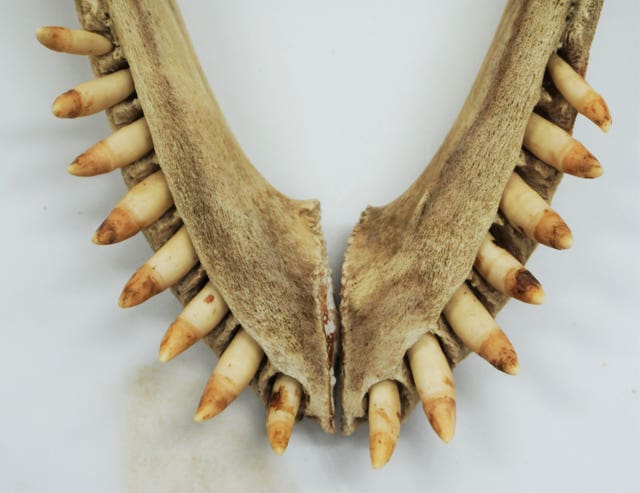Pilot whale stranding shows impact of climate change, say scientists
The animal, stranded on the Pembrokeshire coast, was identified as a short-finned pilot whale – a species usually only found in warm waters.

New research into a whale which stranded on the Pembrokeshire coast more than a decade ago has identified it as the first short-finned pilot whale ever to be found in British waters.
This type of whale is more frequently found in tropical to warm temperate seas and is not normally encountered in Europe north of the Bay of Biscay.
Researchers said its discovery in UK waters adds to the growing evidence of a clear trend of cetacean life being affected by climate change.
The whale stranded at Hazelbeach near Neyland on March 1, 2012.

However, fresh analysis of features of its skull and teeth, described by scientists in a newly published article in the journal Mammal Communications, confirmed it was in fact a short-finned pilot whale, the first found in British waters.
Dr Andrew Kitchener, principal curator of vertebrates at National Museums Scotland, where the whale’s skull is now held, said: “This is one of a growing number of examples in our collection going back to the 1980s of what we would normally think of as warm-water species being found for the first time in British waters.
“Others include striped dolphins, pygmy sperm whales and a Fraser’s dolphin.

“This discovery means that we can no longer assume that every stranded pilot whale in Britain is a long-finned pilot whale.”
Short-finned pilot whales and long-finned pilot whales are similar and difficult to distinguish externally at sea.
Rob Deaville of the Institute of Zoology in London, where CSIP is based, was part of the team involved in the 2012 examination.
He said: “The identification of this short-finned pilot whale in UK waters adds to the growing evidence of a clear trend of cetacean life being affected by climate change, part of a wider impact across our seas and oceans.“





